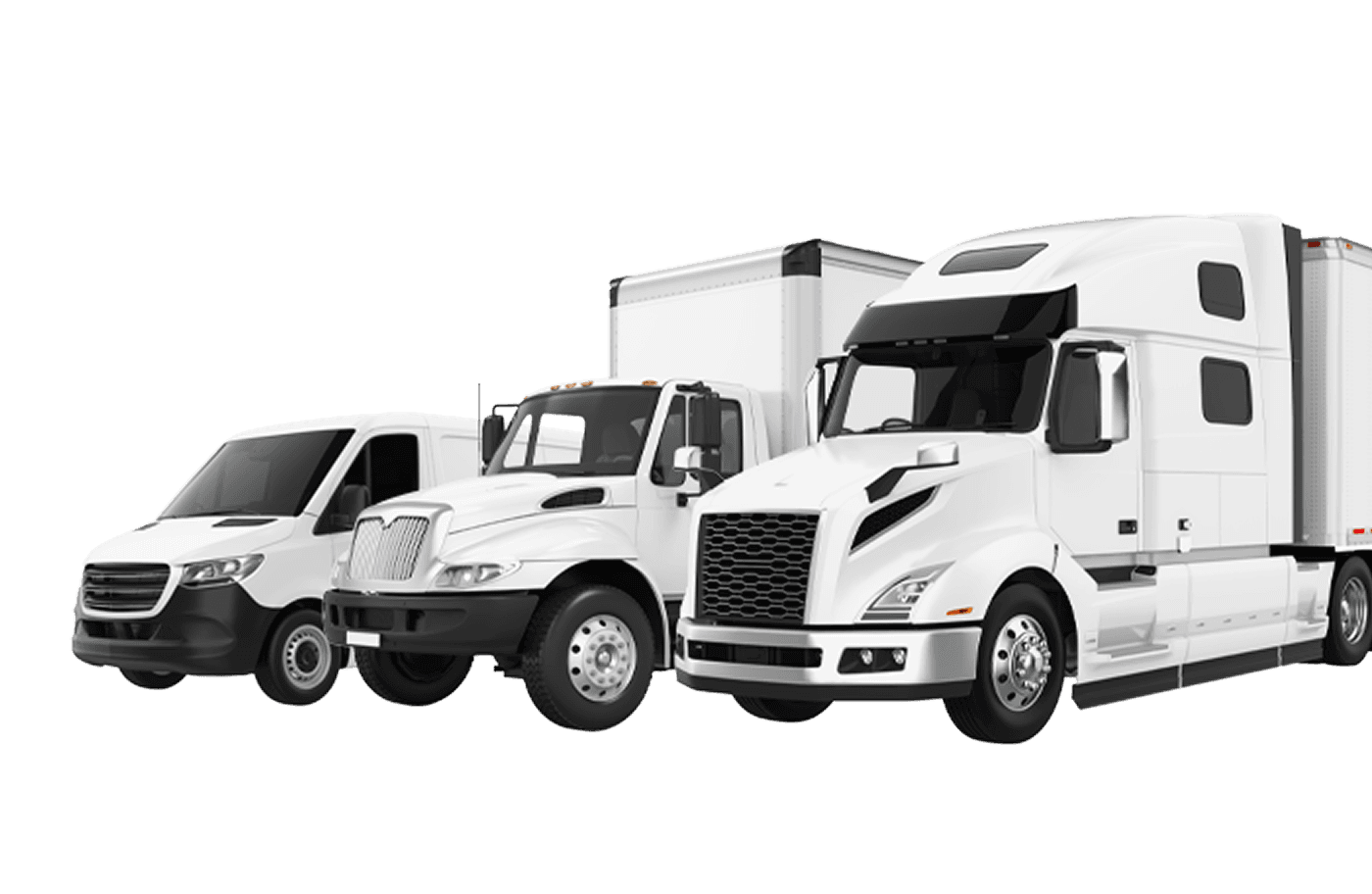Top Benefits of Using a Freight Forwarder
Explore the key benefits of working with freight forwarders to cut costs and simplify logistics.
Unknow author
02 July 2025, 10 min read
What Does a Freight Forwarder Do
A freight forwarder is a logistics partner that manages the complex tasks of transporting goods from one location to another, often across international borders. They coordinate carriers, manage documentation, ensure customs compliance, and streamline supply chains so that businesses can focus on their operations.
By acting as intermediaries between shippers and transportation providers, freight forwarders bring order and efficiency to global logistics. Their expertise, networks, and services make them essential for businesses of all sizes that depend on reliable and cost-effective shipping.
Top Benefits of Using a Freight Forwarder for Businesses
Working with a freight forwarder creates a number of business advantages. Some of the most impactful benefits include:
• Expert knowledge – Freight forwarders understand international shipping rules, customs processes, and best practices.
• Time savings – They handle paperwork, communication, and scheduling, freeing businesses from these tasks.
• Cost optimization – Forwarders negotiate rates with carriers and consolidate shipments to save money.
• Problem-solving – When delays or challenges arise, freight forwarders have the experience to find solutions quickly.
• Reliability – Businesses benefit from streamlined, predictable logistics processes.
Each of these benefits reduces the complexity of logistics and strengthens the supply chain.
Cost Savings Through Efficient Freight Forwarding
Shipping is one of the largest expenses for businesses engaged in trade. A freight forwarder helps lower these costs by:
• Negotiating better rates with carriers based on volume and established relationships.
• Consolidating shipments so multiple loads share space and reduce costs.
• Avoiding delays and penalties by ensuring compliance with regulations and accurate documentation.
• Optimizing transport routes to minimize distance, time, and expenses.
Over time, these savings make a significant impact on a company’s bottom line, especially in industries where logistics costs are a major factor.
Simplifying Customs and Documentation
One of the most complex aspects of international trade is customs clearance. Mistakes in documentation can cause delays, fines, or shipment rejections. Freight forwarders manage this process by:
• Preparing accurate export and import documents.
• Ensuring compliance with local and international regulations.
• Coordinating with customs authorities for faster clearance.
• Reducing risks of penalties due to errors or missing information.
By removing the burden of paperwork and compliance, freight forwarders allow businesses to focus on sales and operations instead of administrative details.
Global Reach and International Trade Support
Freight forwarders offer businesses access to worldwide logistics networks. They connect companies with carriers, warehouses, and distribution centers across multiple regions. This global reach is vital for businesses that:
• Source raw materials from international suppliers.
• Sell products to overseas markets.
• Manage cross-border e-commerce or retail operations.
With their knowledge of regulations, languages, and trade requirements, freight forwarders simplify expansion into global markets while reducing risks.
Risk Management and Cargo Security
Shipping goods involves risks such as delays, damages, or losses. Freight forwarders minimize these risks through:
• Cargo insurance options that protect businesses from financial loss.
• Careful handling practices that ensure goods are packed, labeled, and shipped properly.
• Contingency planning to manage disruptions caused by weather, strikes, or customs issues.
• Secure partnerships with trusted carriers and logistics providers.
This level of protection gives businesses confidence that their goods will reach destinations safely and on time.
Why Choosing the Right Freight Forwarder Matters
Not all freight forwarders are the same. Choosing the right partner requires evaluating their expertise, reliability, and service range. The right freight forwarder should:
• Offer transparent pricing and clear communication.
• Have strong relationships with carriers and customs authorities.
• Provide digital tools for shipment tracking and reporting.
• Demonstrate experience in your specific industry or product category.
When a business selects the right partner, the benefits of using a freight forwarder multiply, leading to greater efficiency, savings, and long-term growth.
You may also like

Bridging Giants: Navigating the US-China Supply Chain in a Shifting Global Landscape
Unlocking Opportunities Amidst Geopolitical Change
0 min read

Unlocking Value Together: How the Sharing Economy Is Reshaping Logistics and Beyond
The New Age of Shared Value
0 min read

Logistics Without Limits: How Franchising Is Fueling the Next Wave of Growth in the Industry
A New Era of Scalable, High-Performance Logistics
4 min read
Streamline Your Logistics Today
Partner with Freitty for smarter, faster, and more efficient cross-docking services.
